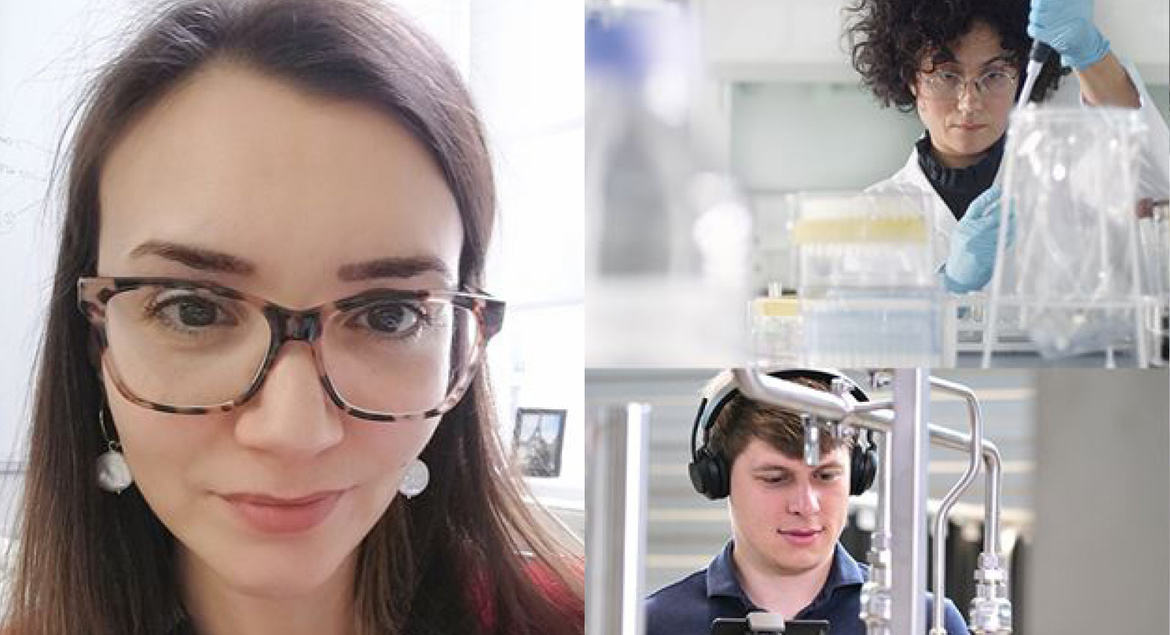Though the global population is expected to reach 10 billion in 2050, resources to feed everyone are limited. One way to help solve the challenge is the revolution of Cellular Agriculture, an area where Getinge’s bioreactors can play an important role.
“Today, one out of nine people in the world are underfed. The natural resources (land, fresh water) used for agriculture and animal farming are significant, animals are overcrowded and are fed antibiotics to avoid infections. To feed the growing population, we need more sustainable approaches to how we produce foods,” tells Dr. Petra Hanga, Lecturer in Biochemical Engineering, Cellular Agriculture at University College London.
Her research addresses two distinct challenges. The first is health care, by developing future therapies that will minimize the economic and social burden of an aging population; the second is food and nutrition for health, by advancing cultivated meat technologies that ultimately will enable a radical shift away from livestock products.
“The global demand for meat is not slowing down and we need a long term solution where food production doesn’t harm animals nor the environment,” says Petra. “Cellular agriculture is an emerging field where production of animal-sourced foods such as meat, egg and milk is done using cell culture rather than whole animals.”
She explains that these products are the same as those harvested from an animal; just made in a different way.
“By growing the cells in a controlled environment in a bioreactor, you make sure there are no potential intruders such as bacteria. Instead, you can focus on nurturing the cells to be happy and replicate,” describes Imko Gaastra, Product Manager at Getinge. “Some customers are using our bioreactor systems for this purpose, but still in the early R&D phases.”
Both Petra and Imko think cellular agriculture is an exciting concept with big environmental benefits, but it also comes with challenges.
“There are challenges of course when it comes to affordability, availability and regulatory approvals. For cultivated meat to become a commercial reality, major collaboration efforts are needed. I believe the breakthrough of this new industry is still some years away,” says Petra.
Imko agrees:
“There is a big market for this but the road to get there is not straightforward since this is in between a pharma and food process. Brave startup companies are struggling and we try our best to support them in their efforts to create a more sustainable future.”
